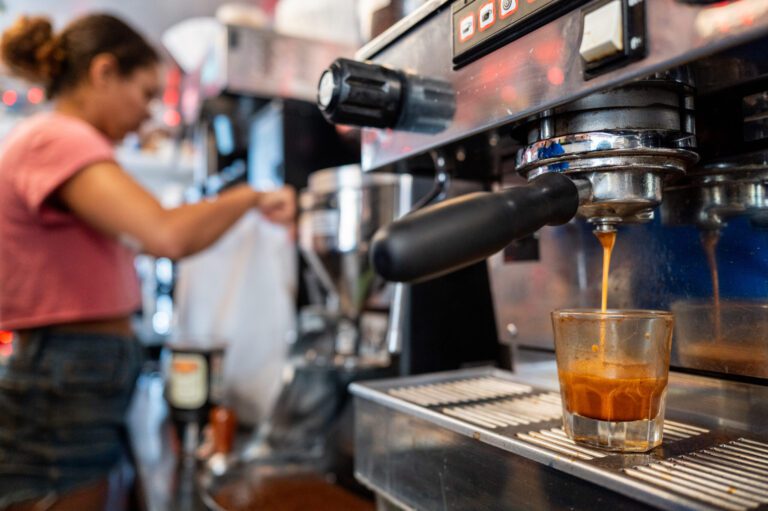Coffee Prices Surge: The Impact of Tariffs and Global Demand
Coffee lovers in the United States are feeling the pinch as the cost of their favorite brew continues to rise. In 2025, the average price per pound of ground coffee has skyrocketed to $8.41, marking a 20% increase since the start of the year, with a 2.5% spike just in the past month. This surge is largely attributed to the recent tariffs implemented by the Trump administration.
Why Are Coffee Prices Rising?
- Current Economic Factors: The current price escalation is not just a result of typical supply chain disruptions, such as droughts in key producing countries like Brazil and Vietnam.
- Steady Global Demand: Contrary to previous trends, global demand for coffee remains robust, especially with emerging markets like China eager to consume more.
The Role of Tariffs
-
Import Tax Increases: The tariff on coffee imports has jumped from a mere 0% to 9.3% in June 2025, and further increases are expected. According to Jacob Jensen from the American Action Forum, tariffs on coffee imports have experienced astonishing year-over-year increases of up to 15,000%.
- Specific Tariff Details: The average tariff is projected to rise due to a 50% tariff on Brazilian coffee, the largest coffee bean supplier to the U.S., instituted partially due to political circumstances, including Brazil’s actions against former President Jair Bolsonaro.
The State of Coffee Production in the U.S.
The climate in the continental United States is generally unsuitable for coffee cultivation.
- Ideal Growing Regions:
- Hawaii: The primary U.S. state for coffee production.
- California: Some regions have favorable conditions, albeit limited.
- Puerto Rico: Historically, the largest U.S. coffee producer but recently affected by hurricanes that significantly damaged crops.
Supply Chain and Imports
Brazil typically provides about 25% of coffee imports to the United States. Recent political actions have jeopardized this flow of goods, with President Trump stating:
“Due to Brazil’s insidious attacks on Free Elections… starting on August 1, 2025, we will charge Brazil a Tariff of 50% on any and all Brazilian products sent into the United States.”
The Business Impact
Local businesses, especially small cafés, are feeling the effects of these rising costs. Senator Jeanne Shaheen of New Hampshire highlighted the struggles of local businesses like Cortado Brothers, which may soon operate on such slim margins that staying afloat could become impossible. She remarked:
“They’re gonna go down to a very small margin that barely allows them to break even.”
The Broader Implications
- Consumer Costs: As tariffs increase, the ultimate cost will likely fall on consumers, making coffee a more expensive treat for many.
- Economic Impact: Local businesses in the coffee industry may struggle to survive if cost increases persist, putting jobs and the local economy at risk.
Conclusion
The surge in coffee prices is a complex issue driven by a blend of global demand and political decisions affecting tariffs. As coffee lovers brace for higher prices, the future of local businesses hangs in the balance. For those interested in the interplay of trade policies and everyday commodities, the coffee industry serves as a revealing case study.
For further reading on the implications of tariffs on consumer goods, visit the American Action Forum.


